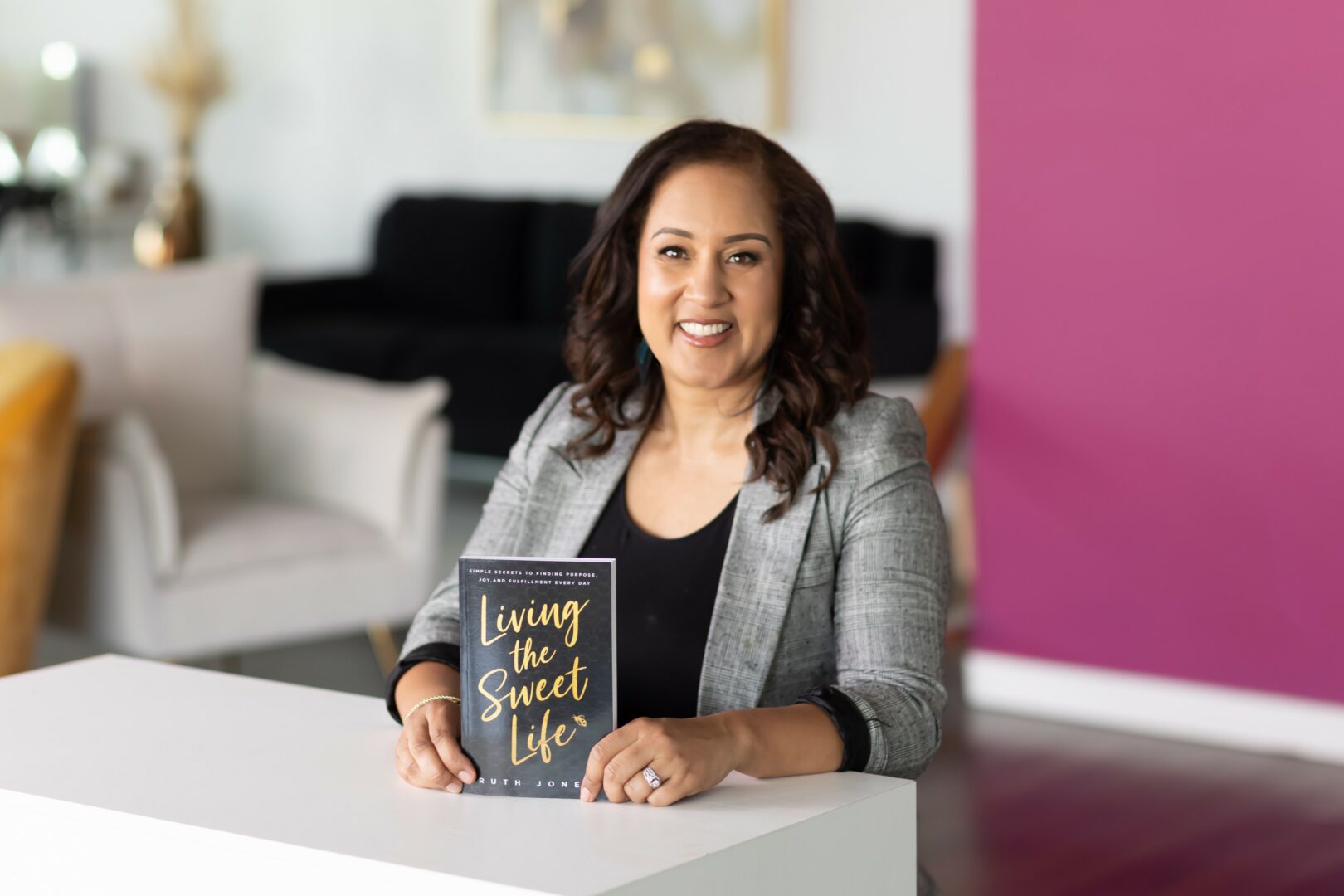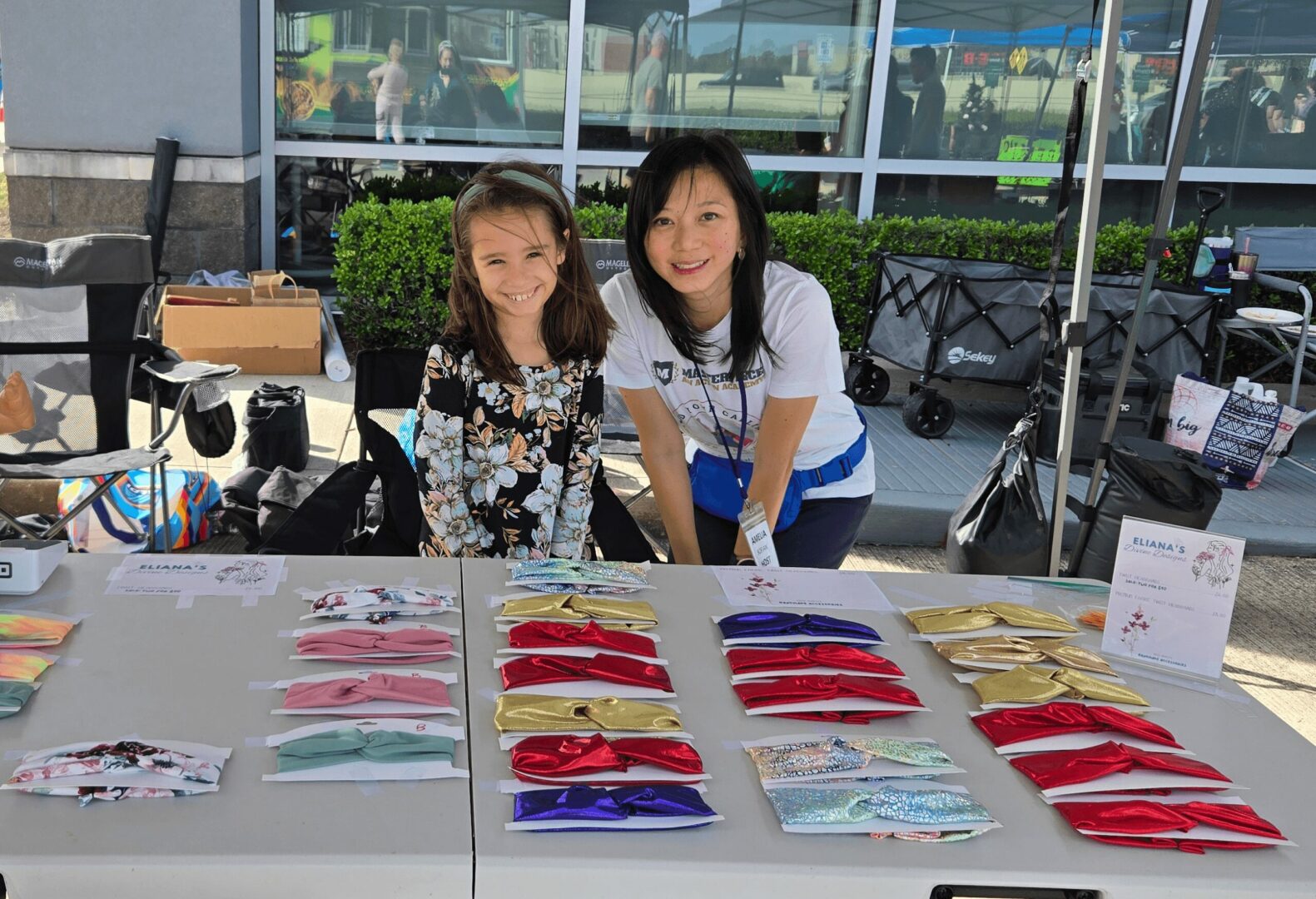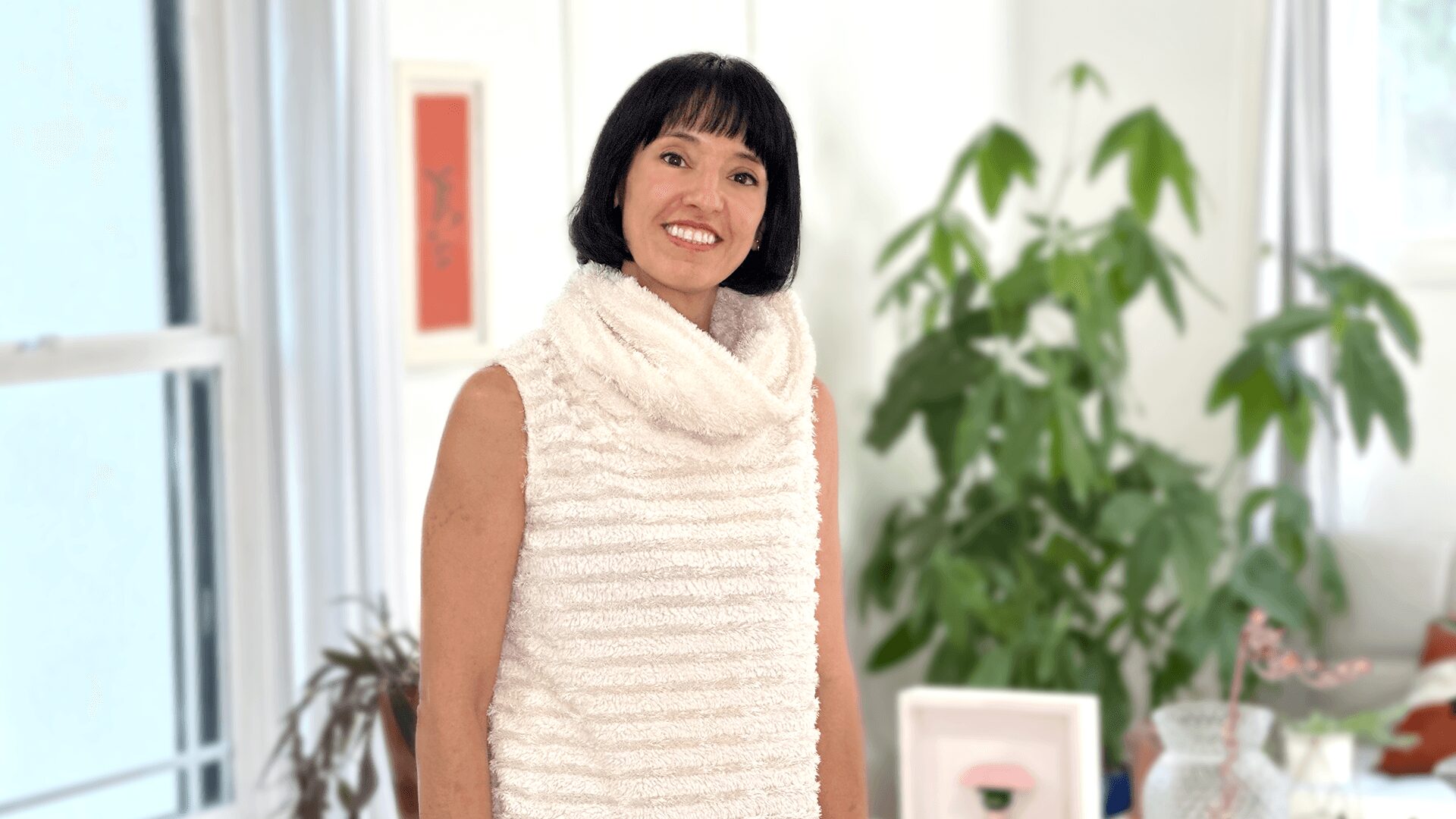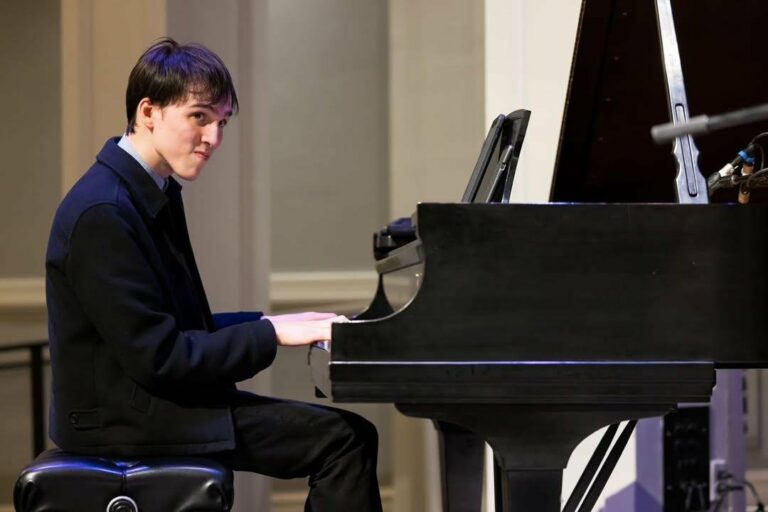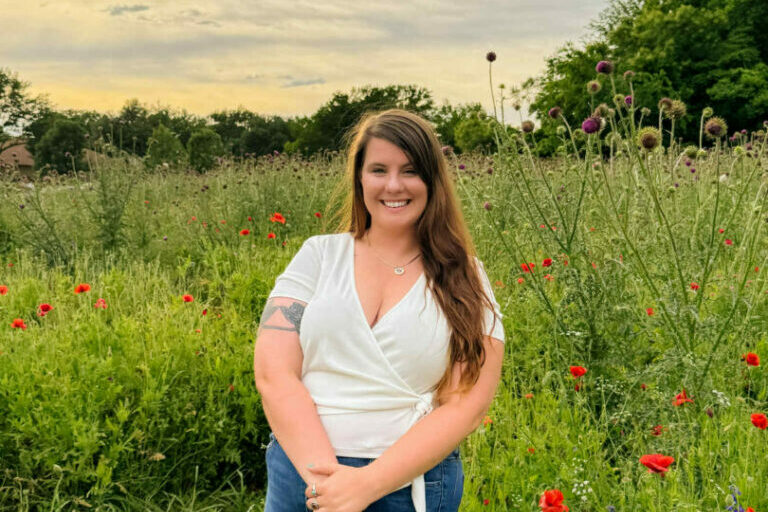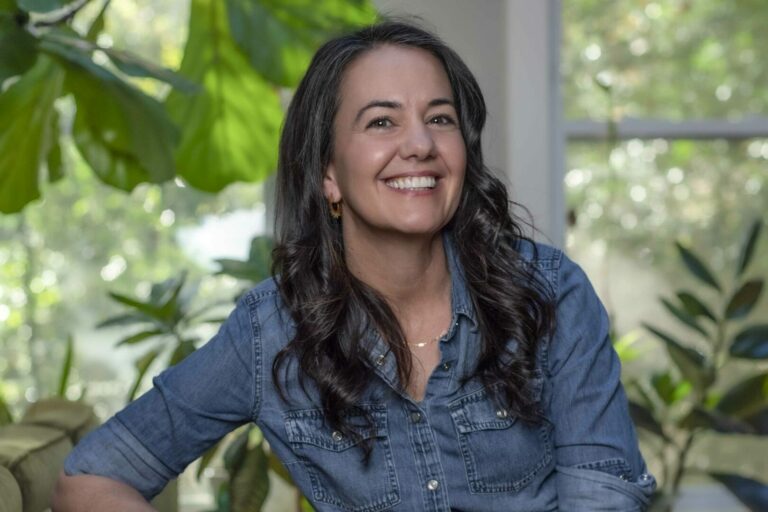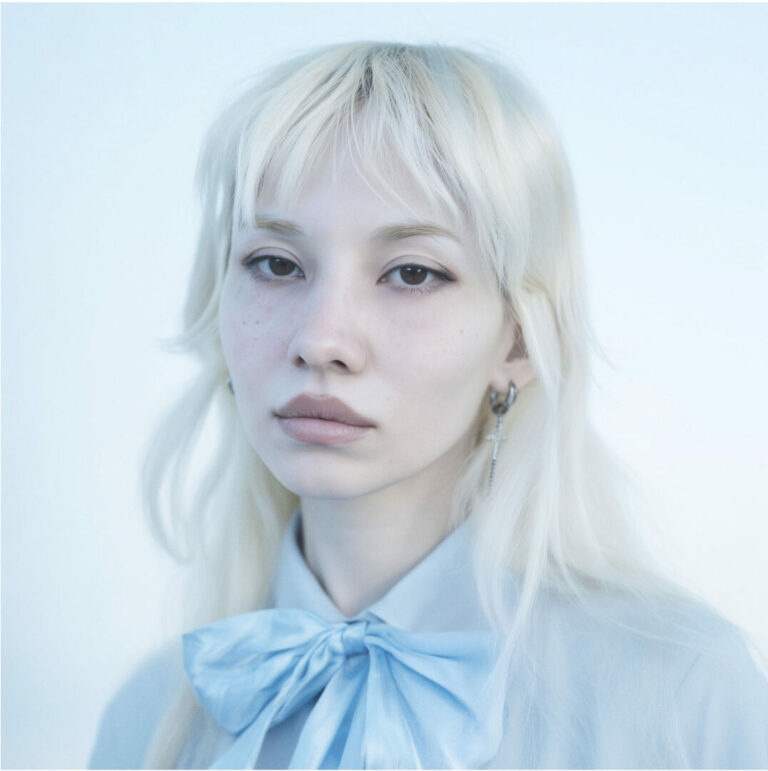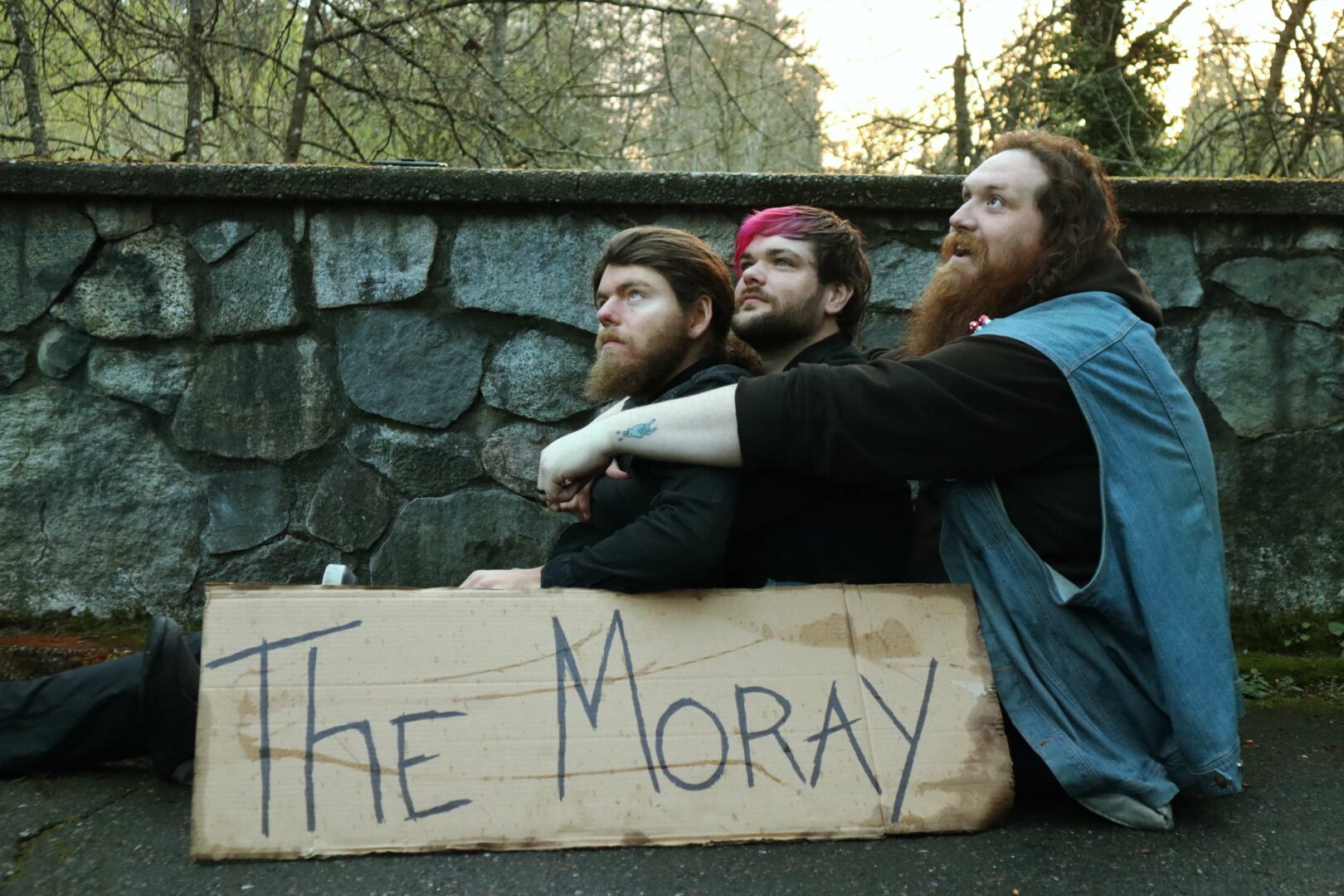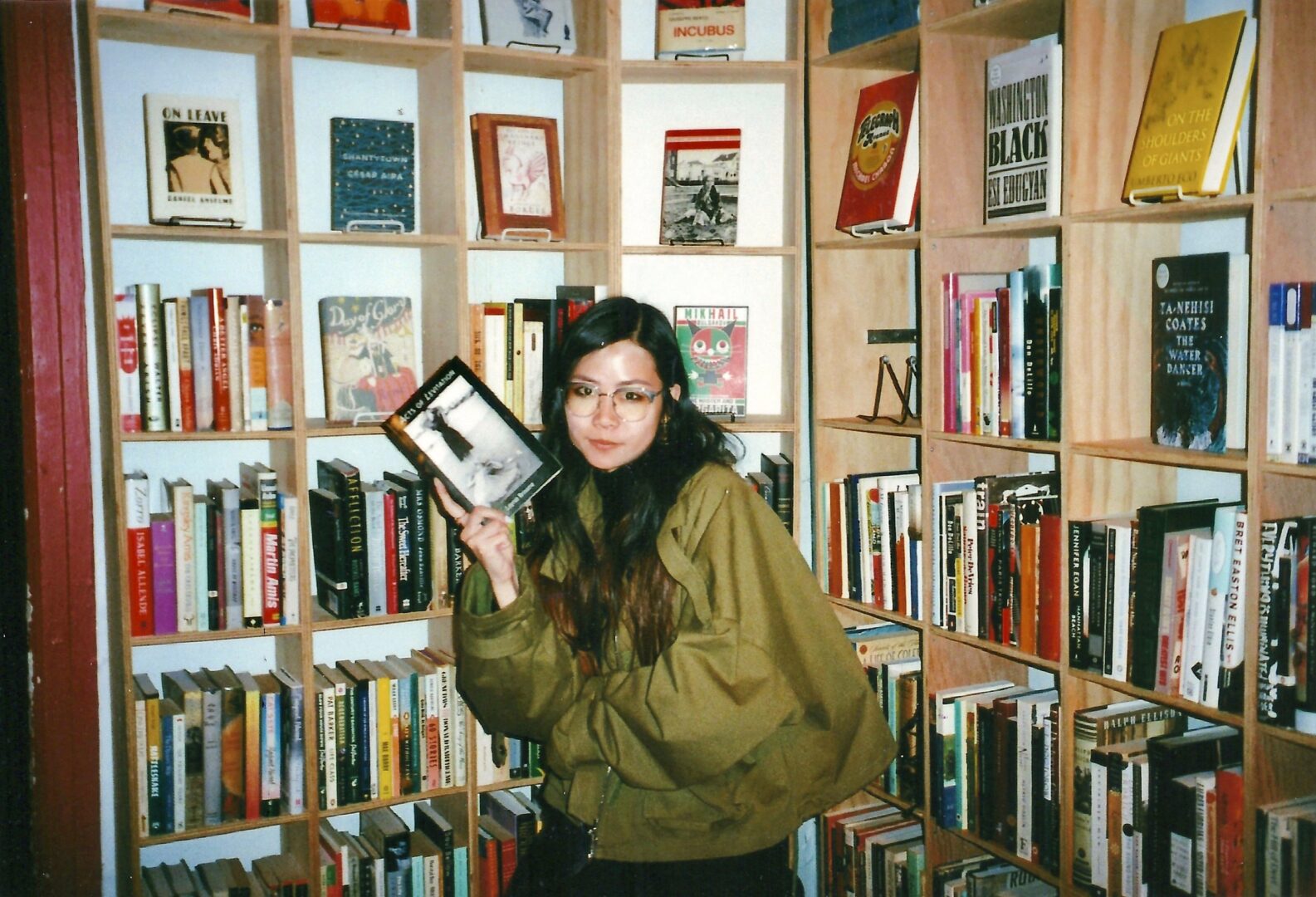The capacity to take risk is one of the biggest enablers of reaching your full potential and so we want to create a space where risk-takers can come together to talk about how they’ve developed their capacity for risk taking.
Thiago Carvâlhonts
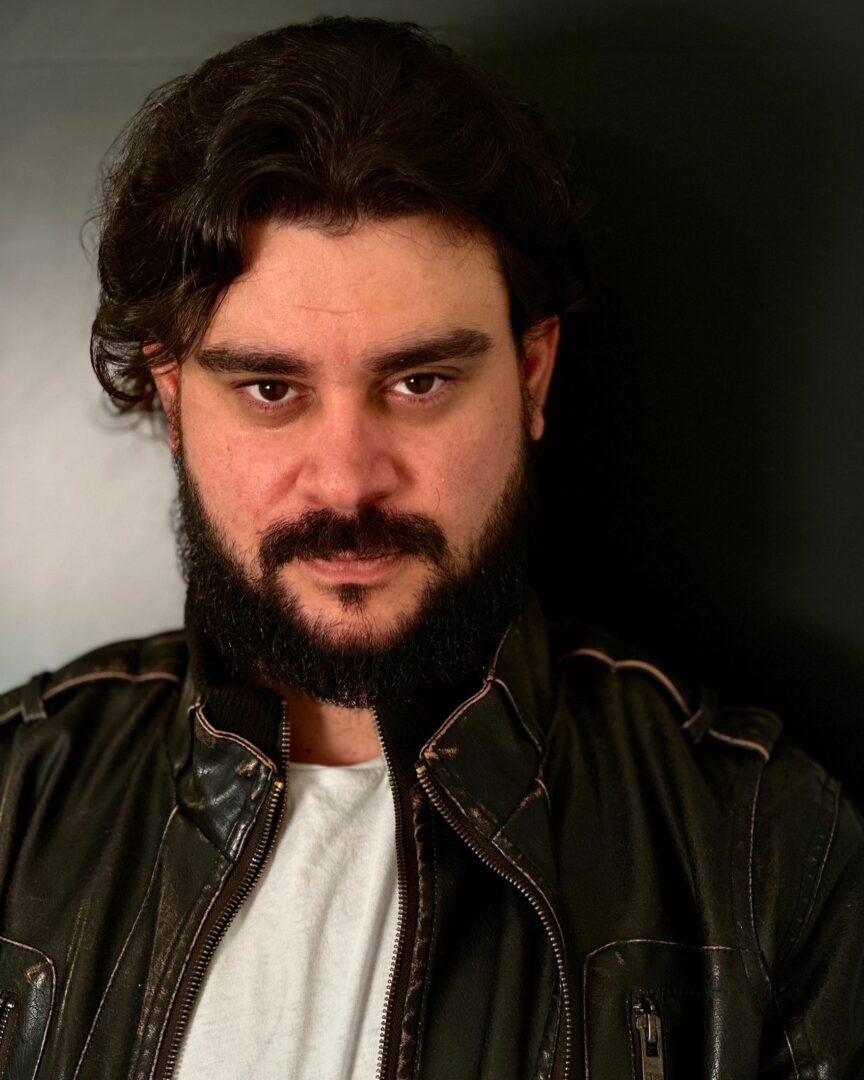
Thiago Carvalhonts is a Brazilian-born actor, director, and a leading figure in international arts education. As the Founder of the Conservatório Internacional das Artes do Brasil and the Associate Director of the Los Angeles Performing Arts Conservatory (LAPAC), he has dedicated himself to forging pathways for the next generation of performers. A specialist deeply rooted in the techniques of Stanislavsky, Stella Adler, Sanford Meisner, and Michael Chekhov, his work is defined by a profound respect for the craft. Read More>>
Preeti Phalke
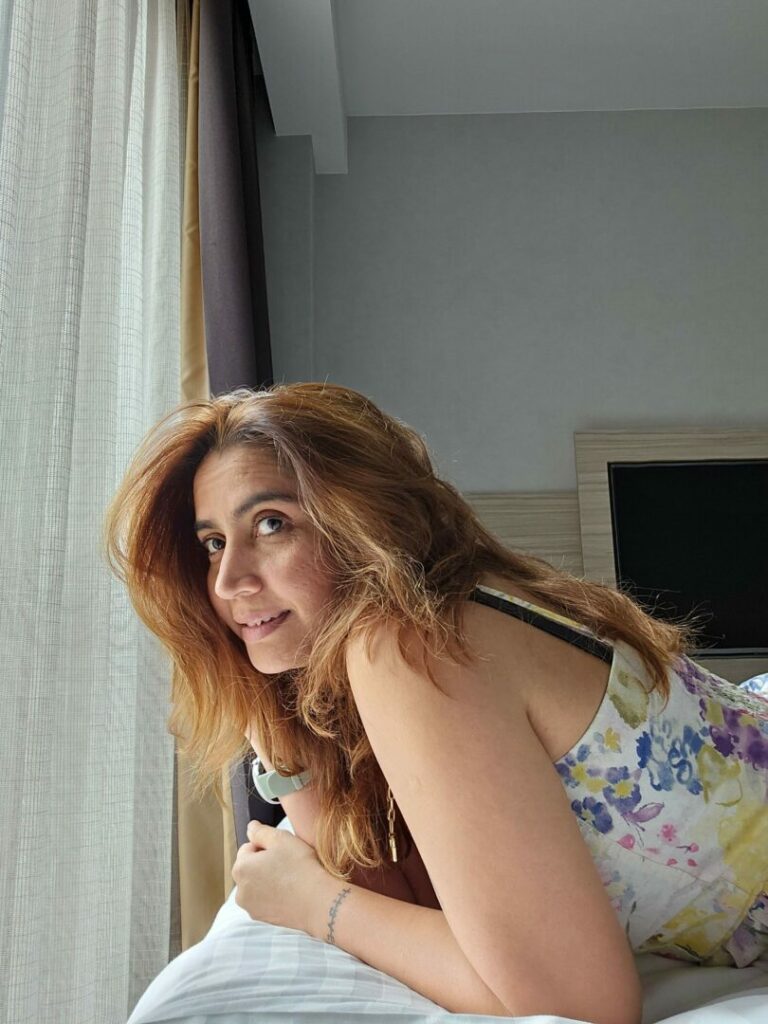
Every time I am at the crossroads of making a choice that could swing either way, I ask myself just one question. “What’s the worst thing that can happen?”
If it costs my life, I don’t take the chance, If it doesn’t, then it will prove itself worth the risk eventually! I mean, at least you have your life to take more chances. Read More>>
Rick Slark
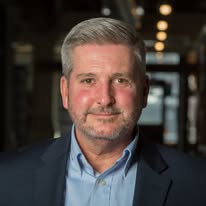
I learned to take risks by giving myself a simple way to think it through. I’ll ask, will I regret not doing this in ten years? That question helps me step out of the moment and take a broader view of the situation. I also look at the extremes—what’s the worst that could happen, what’s the best, and what’s the likely in-between. Usually, the worst isn’t as bad as it feels at first, and the potential upside makes it worth considering. I also remind myself that other people have faced similar risks and made it work, so why not me? That approach has helped me move past fear and take action when it matters. Read More>>
Meg Olsen
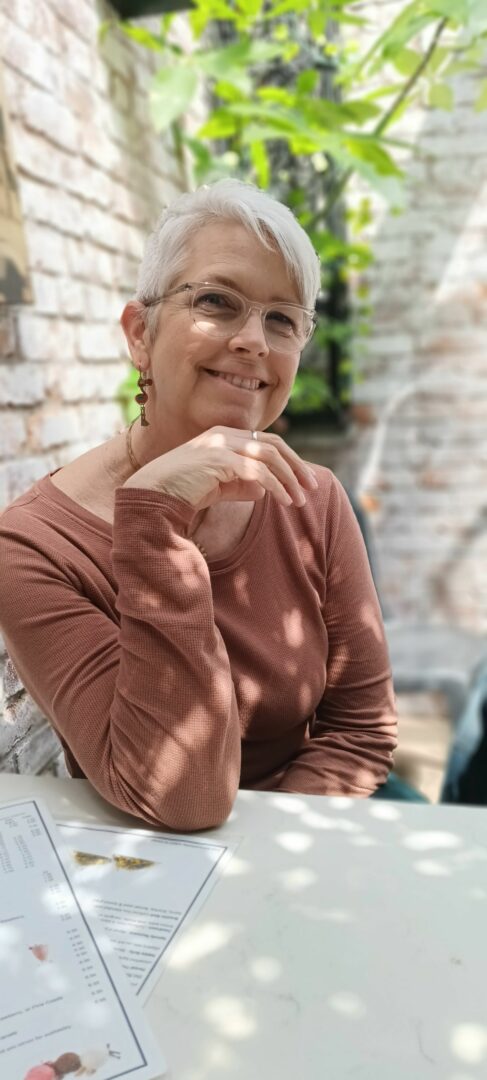
I’ve always been a risk taker. I don’t know if that’s a skill I developed as much as it is a habit of not focusing on the consequences of my actions. As a kid I grew up watching Evel Knievel jump over anything he could find on his motorcycle, and Muhammad Ali fighting in and out of the ring for championships and equality. I have many scars on my legs, arms and chin from bike accidents, diving board mishaps, and even falling through the ice on a lake when I was old enough to know better. Read More>>
Kelli Silva
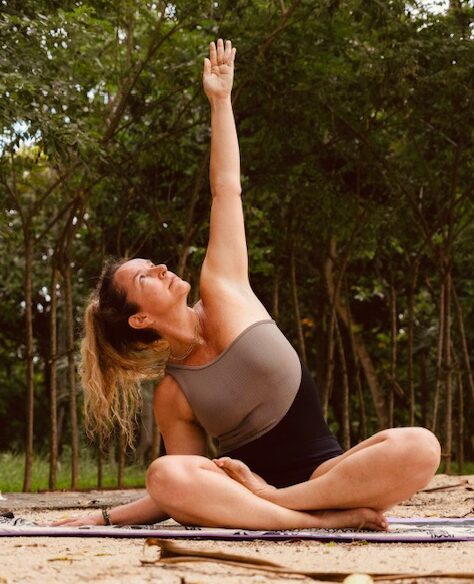
My ability to take risks has been developed through deep spiritual trust and alignment with my higher self. As a yoga therapist and metaphysical practitioner, I have learned to listen to inner guidance rather than external fear. Through practices like meditation, breathwork, and energy awareness, I have strengthened my intuition, which allows me to step into the unknown with confidence and grace. Read More>>
Kaitlyn Tapia
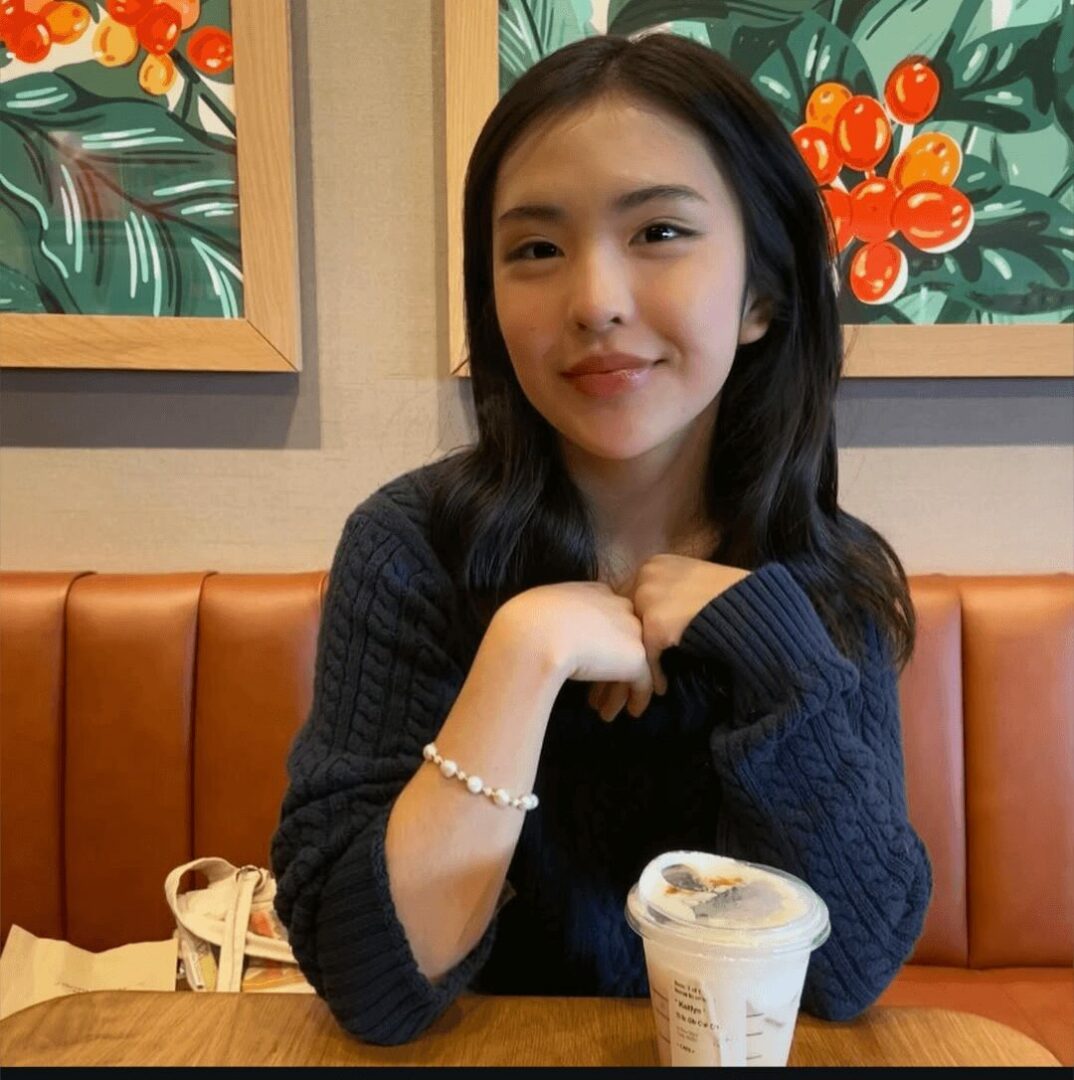
I developed my ability to take risks through the journey of building my small business, Tapia Lip Oils, from the ground up. Starting a brand with a social mission that donates 50% of profits to the Palestine Children’s Relief Fund (PCRF) was not just a financial risk, but a personal one. I was investing a significant portion of my own time, money, and energy into something that I deeply believed in, but that I knew could be scrutinized by others with certain political investments. Some of my own friends and family members expressed concern and disapproval for this venture, interpreting it as an attack on Jewish people. Read More>>
Jack Valentine
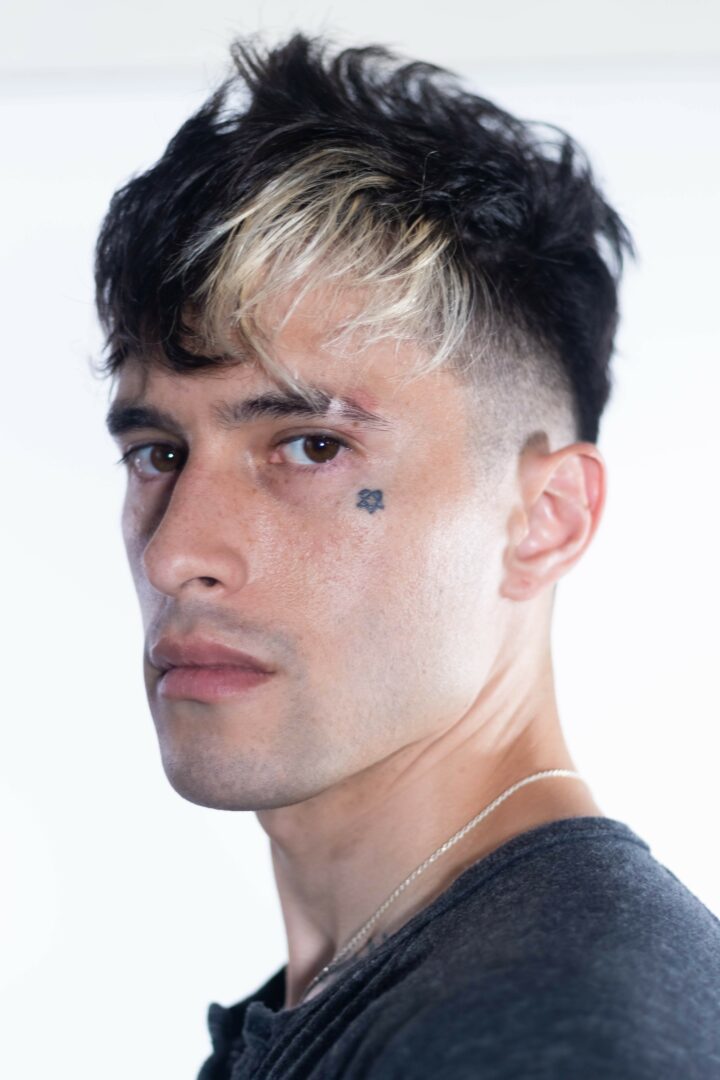
Life’s a risk no matter what. You could randomly get splattered by a bus tomorrow. Life ain’t fair but it sure is short & you never know when your time’s up. All Dogs Go To Heaven was my fav as a kid; the og, not the lame sequel. Rip Judith Barsi, she was taken from this world tragically way too soon, it’s so damn sad. I always related to Charlie the dog bc risk & uncertainty is all I’ve ever known & I wouldn’t have it any other way. Got my doubts from time to time like anyone else but ya can’t keep a good dog down haha. I live by a philosophy of: Read More>>
Saralee Rosenberg

Risk taking, whether it be taking a creative leap on a project or powering through a life challenge requires courage but mostly conviction. Or as I taught my children, you can have fear or you can have faith but you can’t have both. Yet developing a steady faith in our decision making ability isn’t something inherent in us like standard equipment in a car. Faith is the reward we get after making a ton of crappy decisions and realizing how avoidable they were if only we had honored the voice in our head and our heart. Read More>>
Brooke
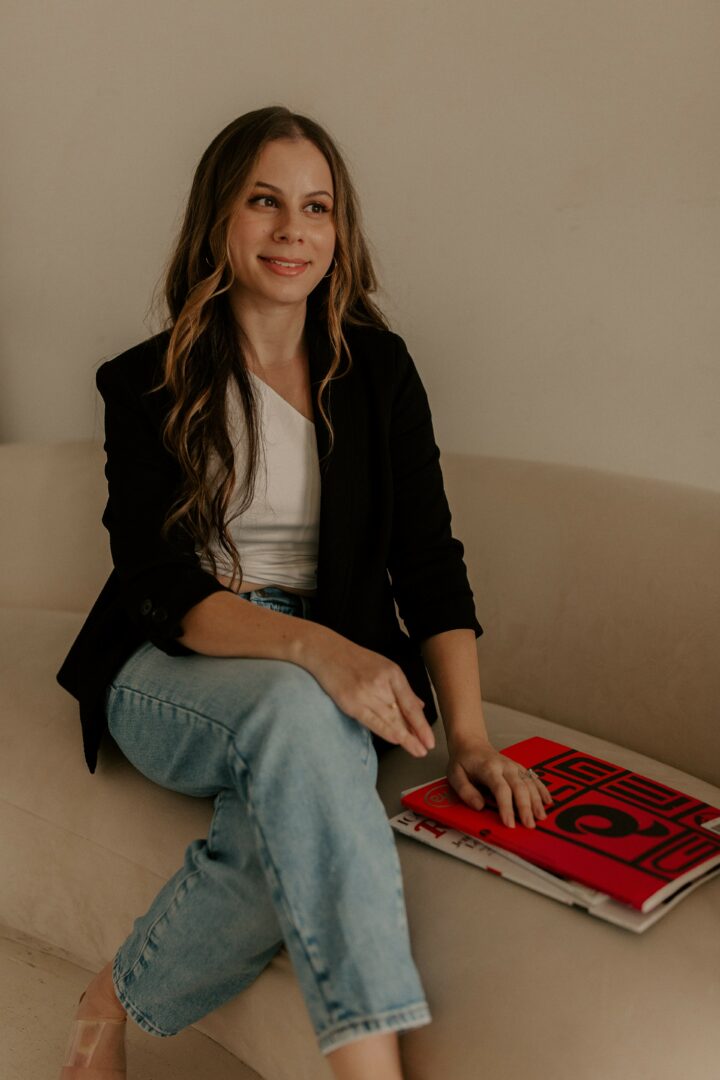
I live by the phrase: You miss every shot you don’t take. That mindset didn’t come naturally though. It developed as I realized that if I don’t put myself out there, someone else will grasp the opportunities. There are so many talented, qualified designers ready to seize the opportunities I hesitate on. So if I want a shot, I have to show up for it. Read More>>
Jeanine Yancy
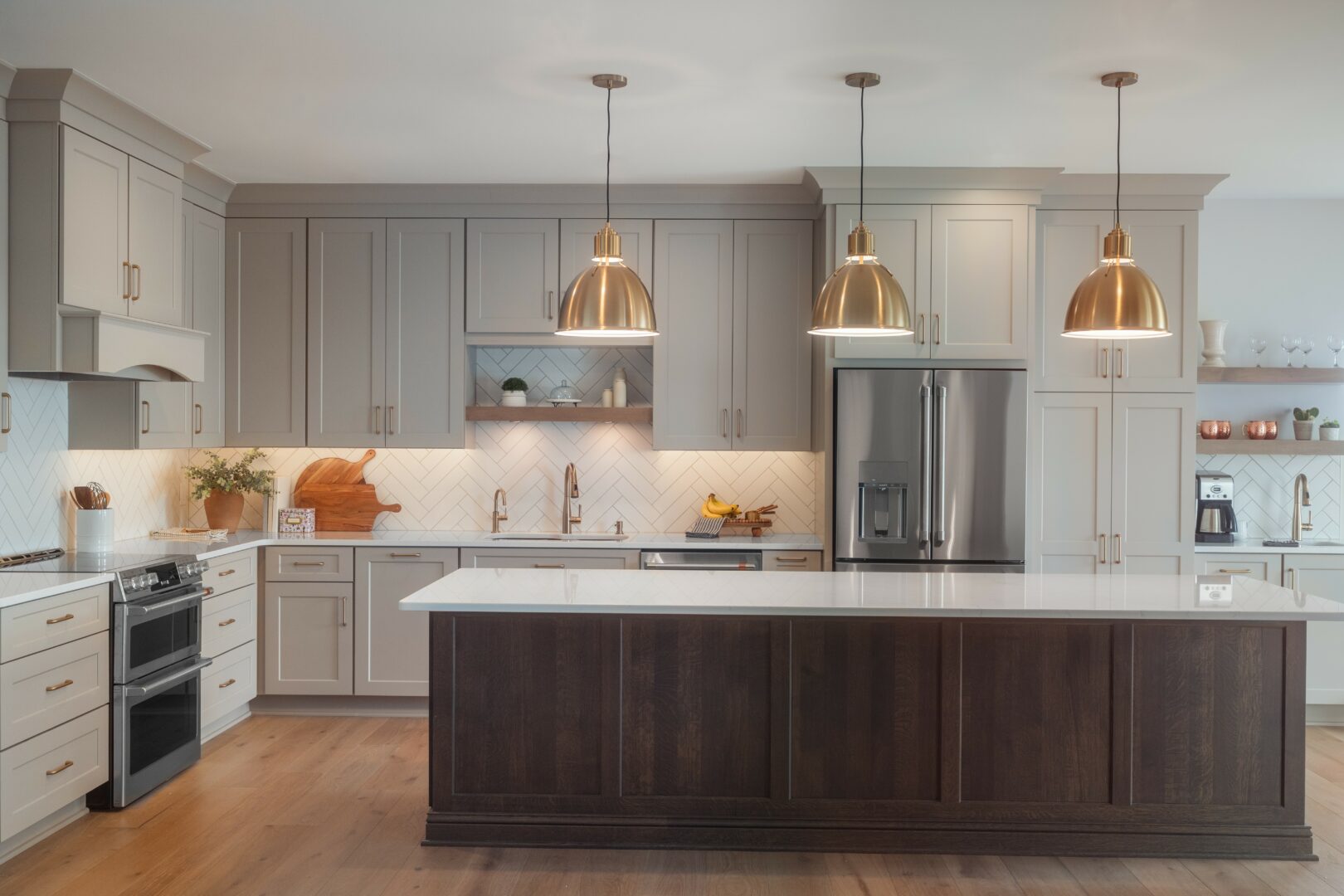
By facing my fears over and over. I know I can ask questions and figure out the right places to look for the answers I need. I won’t learn or get better if I don’t try and I might regret not trying. Read More>>
Mason Mitchell
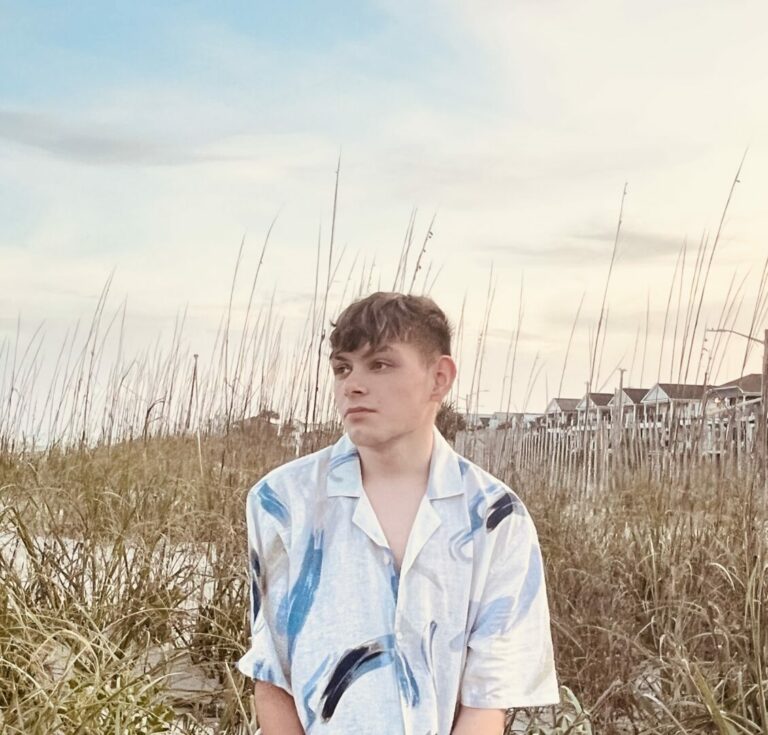
For me, taking risks has always been part of the process of chasing something I care deeply about. When I started writing songs, it was just for myself. I never thought I’d be sharing them with anyone. But as I grew more serious about music, I realized that staying comfortable meant staying stuck. Releasing my first single was terrifying. I was putting something so personal out into the world and had no idea how people would respond. Performing live for the first time felt the same way. I was young, inexperienced, and worried about being judged or not taken seriously. Read More>>
Ruth Jones
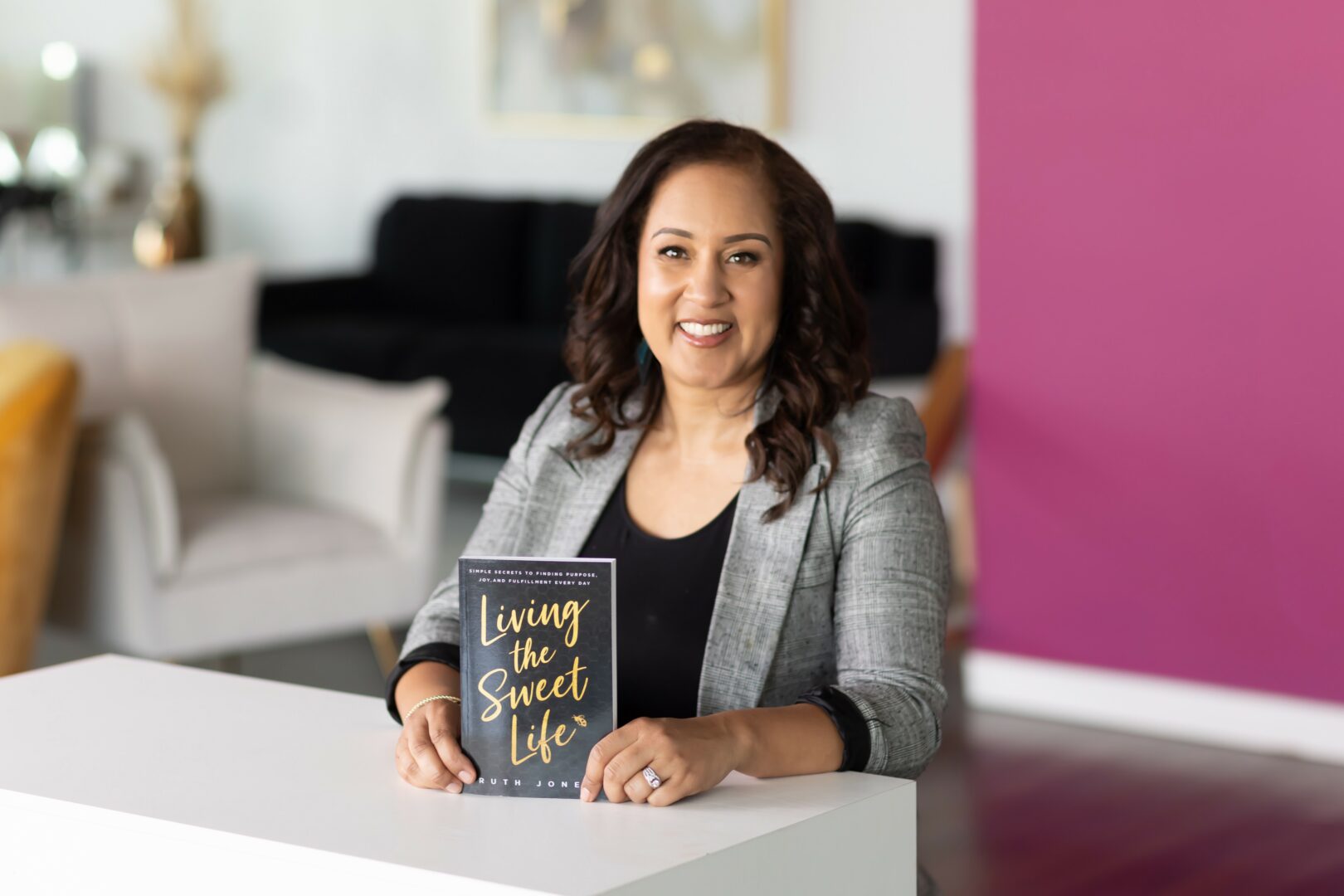
I’ve always had a natural lean toward adventure and bold experiences. As a kid, I was fascinated by things like storm chasing, swimming with sharks, and skydiving. I had a bucket list full of adrenaline-pumping challenges—and I’ve checked off quite a few of them. But for a long time, that spirit of adventure didn’t extend to the rest of my life. When it came to my career and personal choices, I defaulted to safety. I wanted the steady paycheck, the predictable path, the comfort zone. Read More>>
Anna Polonska
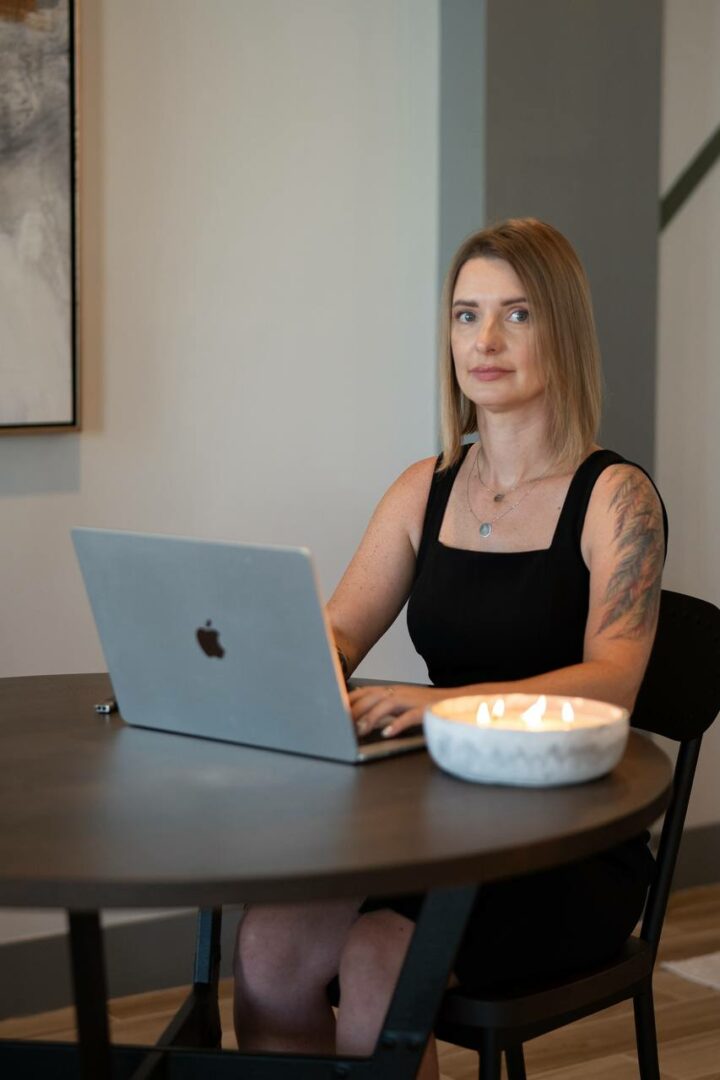
I developed the ability to take risks when I moved to the United States with my family during the war in Ukraine. We left everything behind — our home, our business, and the life we knew — and came to a country where we had no connections, no stability, and no clear future. It was a frightening step, but I realized that sometimes taking a risk is the only way to move forward. Read More>>
Violet Grae
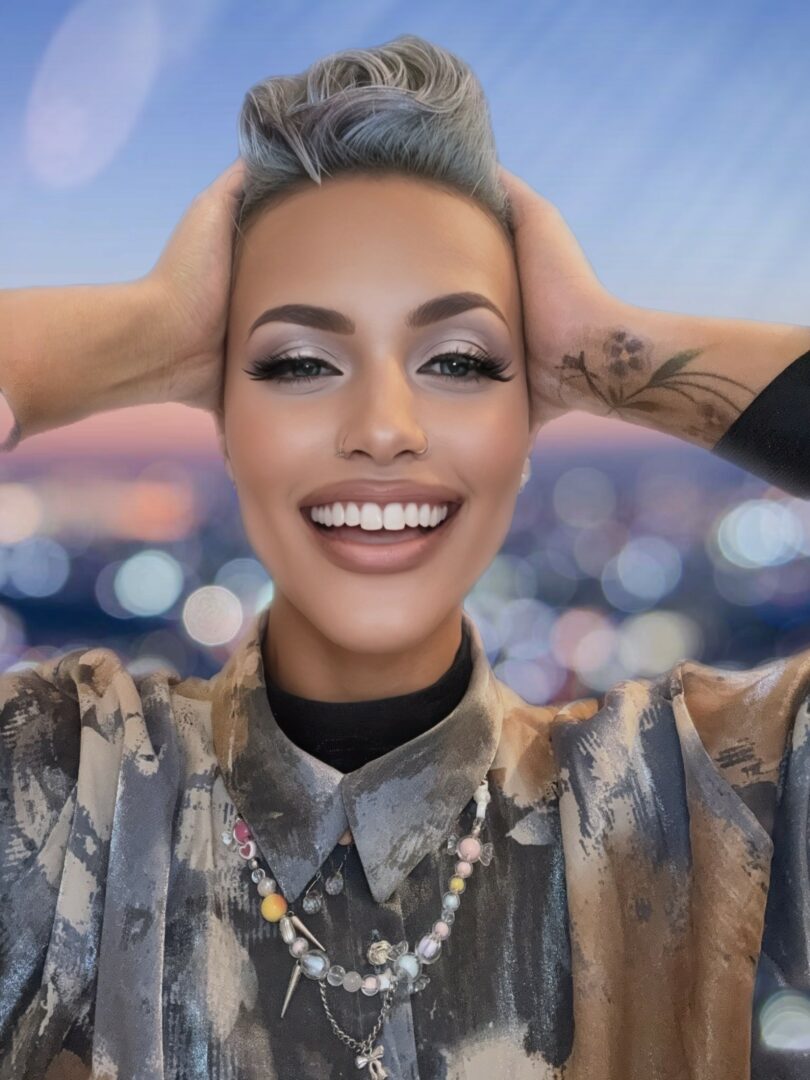
Taking risks became second nature to me because I never really saw a clear blueprint for the life I wanted—I had to create it. Growing up in a small town, my dreams always felt bigger than the space around me, so risk-taking was tied directly to growth and survival. When I started touring at fifteen years old, there were no guarantees, just passion, persistence, and the belief that I could create something meaningful if I stayed true to myself. Read More>>
Rachel Newman
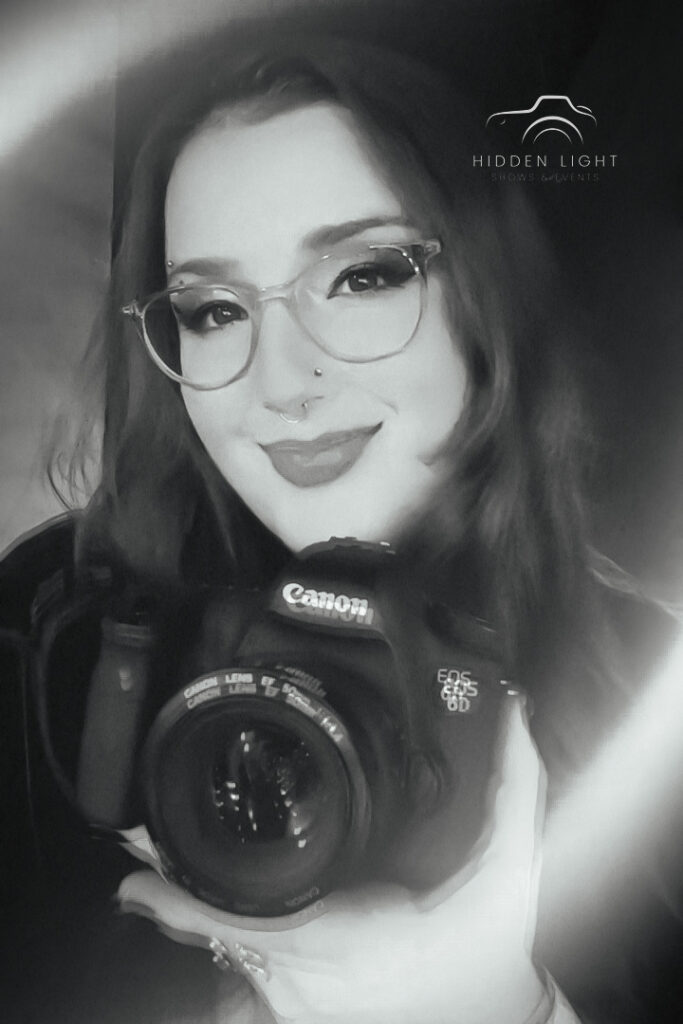
I love this question. I feel like the majority of humanity is constantly wondering the same about others.
Risk is a mindset. Taking a risk basically translates into taking action. Once you frame the mindset to start taking action, fear isn’t so deeply associated with the new decision you’re contemplating. Of course, risk factors like survival and life and death are important, but I’m talking about everyday life risks, not skydiving. Read More>>

